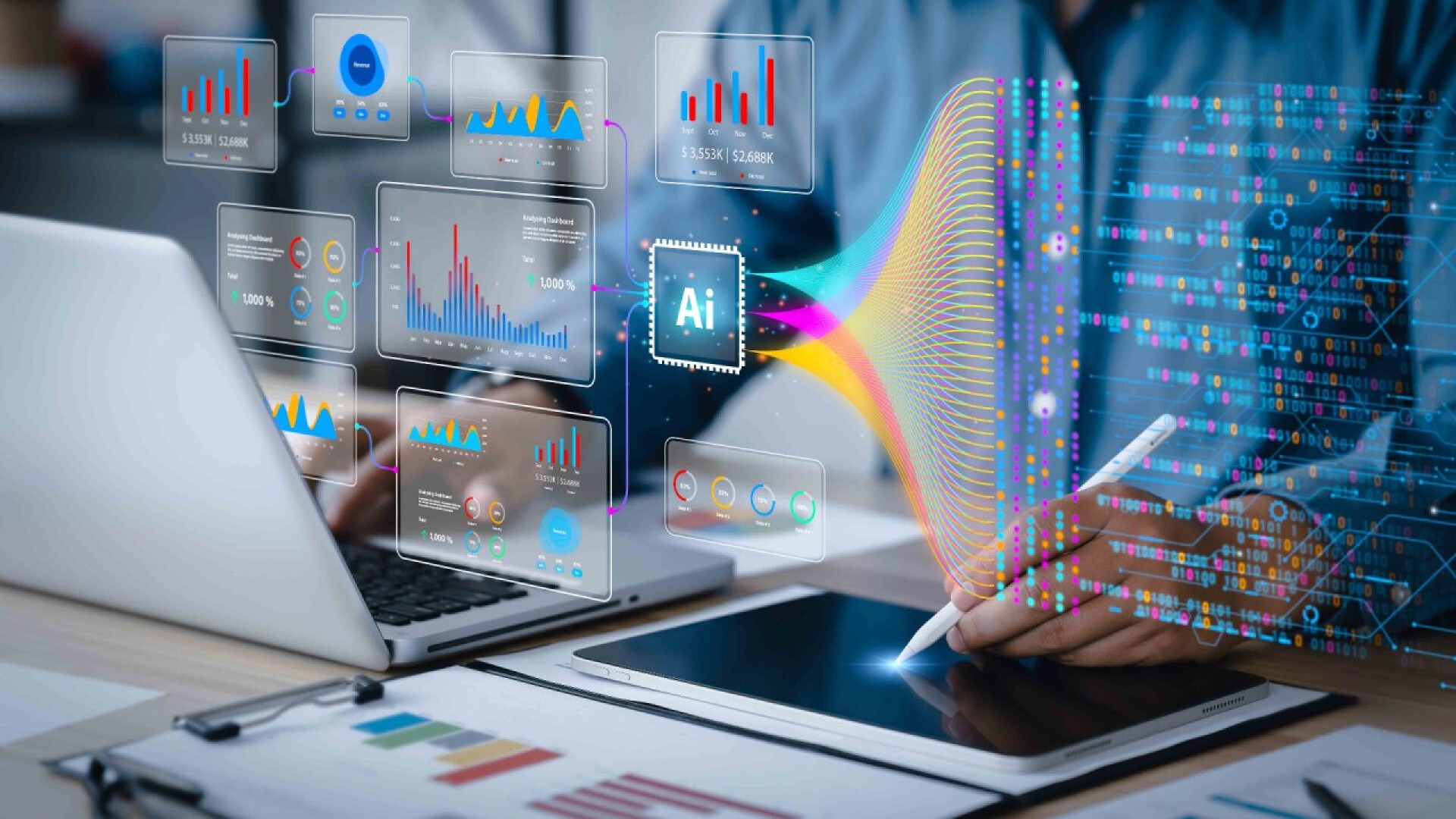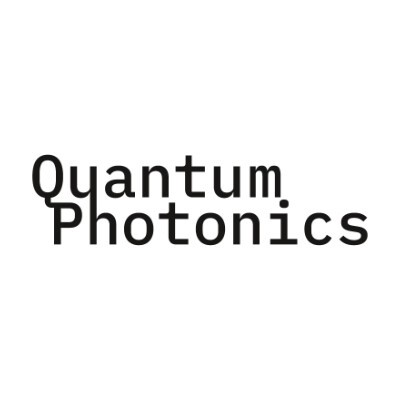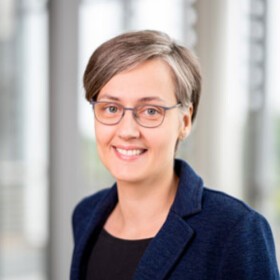Merging two high technologies: Quantum and AI
Stronger together than alone? This seems to be particularly true for quantum technology and artificial intelligence. At the Quantum Photonics user conference and accompanying exhibition, experts will explain how the two technologies are driving each other forward.
At first glance, quantum technology and artificial intelligence may not seem to have much in common. However, both areas involve solving extremely complex optimization problems. And: the two approaches can benefit from each other's advantages and drive each other forward. “It's a classic win-win situation,” says Prof. Dr. Martin Gärttner, quantum information theorist at Friedrich Schiller University Jena. “On the one hand, artificial intelligence can improve quantum technologies; on the other, we can use quantum computers to perfect AI algorithms.”
To get the best out of quantum computers, simulation and communication, difficult optimization problems need to be solved. One example is quantum error correction, which is based on measurements with numerous qubits: The aim is to reconstruct which error is present from the resulting data. "Above a certain size, it becomes difficult to develop reliable algorithms for this task. Reinforcement learning can help here," says Gärttner. This technology is known from artificial intelligence, which performs better than humans in games. If the challenge is formulated as a game - in which the agent repeatedly prepares quantum states on a simulated quantum computer, measures error states and attempts to detect the error - the AI can develop a sophisticated strategy for quantum error correction.
Conversely, artificial intelligence also benefits from quantum technologies. For example, when it comes to training neural networks - i.e. generative models that generate texts or images like Chat GPT - the path also leads via optimization. The hope here is that quantum computers could solve these problems better and more efficiently than conventional computers.
Concentrated expertise at Quantum Photonics
Experts from industry and science will be discussing the general and in-depth possibilities offered by these two approaches at Quantum Photonics on May 13 and 14, 2025 in Erfurt. “The speakers have different professional backgrounds and offer both a corporate and scientific perspective on this exciting topic - we are thus achieving a good balance between industry and academic research,” says Gärttner, who is also responsible for the “Quantum meets AI” forum at Quantum Photonics.
In his introductory keynote speech, Dr. Mario Krenn from the Max Planck Institute for the Science of Light in Erlangen and future Professor of Artificial Intelligence in Scientific Applications at the Eberhard Karls University of Tübingen will focus on the first approach: How can reinforcement learning be used to prepare quantum states for quantum optics, quantum-enhanced gravitational wave detectors and high-resolution microscopy? Krenn also presents a very general approach: Using a database of millions of scientific publications, he wants to train an AI to predict and suggest future ideas for scientists.
Dr. Florentin Reiter, Head of the Quantum Systems Business Unit at the Fraunhofer Institute for Applied Solid State Physics IAF, covered both aspects in his presentation “Machine learning: from quantum computers to Higgs bosons and back”. For example, how can experiments in high-energy physics be analysed and how can quantum devices be characterized? Reiter presents state-of-the-art techniques and current results in (quantum) machine learning, explains progress in learning models for the latest quantum hardware and identifies practical applications.
The mathematical physicist Prof. Dr. Jens Eisert from the Freie Universität Berlin will talk about the current state of quantum computing and technological innovations - in particular from a theoretical and algorithmic perspective.
The questions that drive science and industry in the field of quantum computing differ. Dr. Jan-Rainer Lahmann, engineer in IBM's quantum computing team in the DACH region, explains how this technology is being researched and put into practice at IBM. He discusses the central question of which problems and applications this approach offers a practical advantage over conventional computers and supercomputers - and when this advantage can be fully exploited. He will also present the current state of the technology and the IBM roadmap for quantum computing. He places a special focus on the synergies between quantum computing and AI.
Thuringia: Hotspot for quantum technologies
It is by no means a coincidence that the Quantum Photonics trade fair is being held in Thuringia. After all, this is where a long tradition in high technology meets development drivers in quantum technologies: The Fraunhofer IOF in Jena and the University of Jena are also leading the way internationally. Thuringia is therefore an ideal location for the new Quantum Photonics trade fair.
Parallel event rapid.tech 3D
rapid.tech 3D, the leading trade fair for the AM (additive manufacturing) industry, will take place alongside Quantum Photonics from May 13 to 15, 2025. Since the field of additive manufacturing is used in particular for many optically based quantum technologies, the interlinking of the two congress, forum and networking areas will create synergies for exhibitors and visitors.
An overview of the entire Quantum Photonics congress program and tickets for the congress and exhibition are available online at www.quantum-photonics.de.


